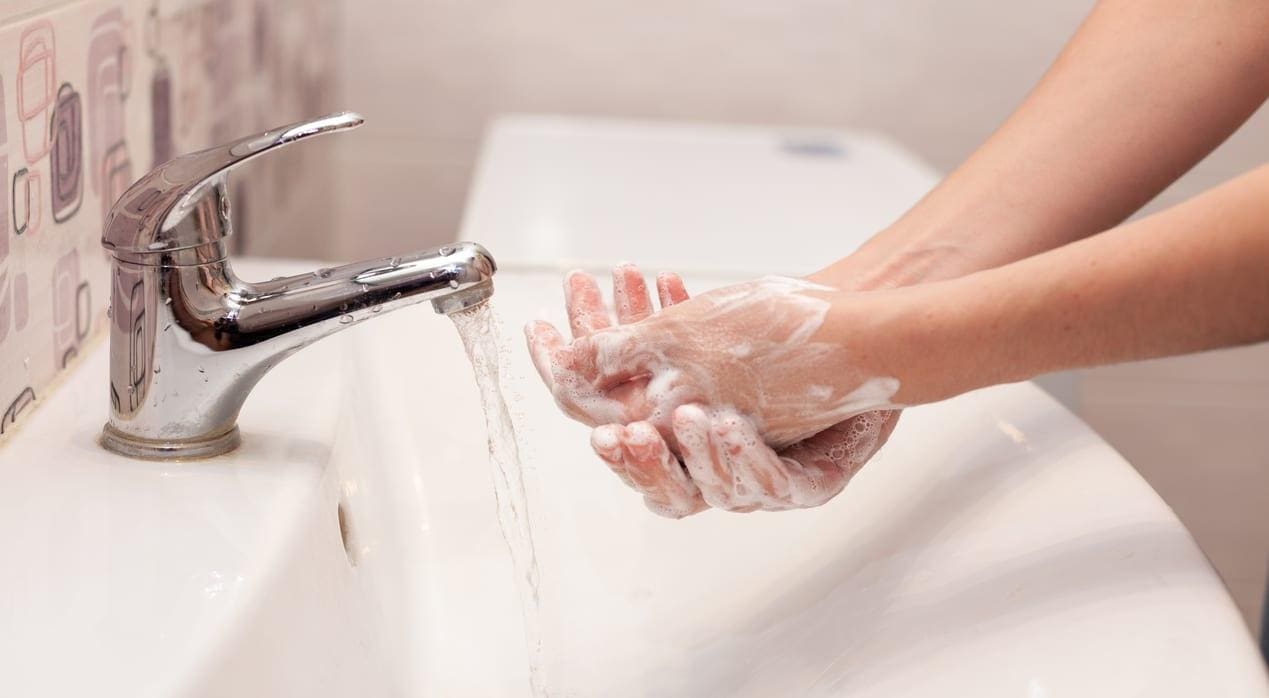No one wants to get sick this season. Here are some tips that can help ensure you stay healthy and sickness-free…
Make getting a flu shot your No. 1 priority to prevent coming down with the flu and spreading the disease to others.
Wash your hands with soap and water to get rid of viruses from your skin. Wash for 20 seconds or longer the back of your hands, between your fingers and under your nails. An easy way to time this is to sing “Happy Birthday” twice to yourself as you scrub hard.
If soap and water aren’t available, use alcohol-based hand sanitizer to kill cold and flu germs.
Don’t shake hands when greeting others. Instead you can say, “Hello! How are you? I’m not shaking hands to help stop the spread of flu, but I’m happy to see you.”
Extend the “no touching” rule to yourself. Occasionally touching your eyes and nose puts you at 41 percent higher risk of developing frequent upper respiratory infections than hands-off folks.
Clean your surroundings with soaps that kill viruses and germs. Sanitize the things that people touch often, such as doorknobs and light switches.
Take care of your health by getting enough rest and eating nutritious food. Control your allergies to prevent the respiratory inflammation that makes acquiring a virus easy. Don’t smoke.
Consider taking 10,000 IU of vitamin D3 a week. Canadian researchers say the dosage may cut your risk of upper respiratory infection in half.
Aim to eat at least one serving a day of a Greek yogurt with live cultures. A study published in Clinical Nutrition found people who ate a specific strain of probiotics daily reduced their chance of catching a cold or flu virus by 27 percent.
Brew some green tea or take a daily EGCG supplement. EGCG, which is also called epigallocatechin gallate, can stop influenza virus particles from entering your system. Scientists believe this catechin may also interfere with pneumonia-causing bacteria.
Meditate to achieve the focus and calm that helps alleviate stress. Stress can leave you vulnerable to infection. Researchers from the University of Wisconsin at Madison say people who meditated took 76 percent fewer sick days than those who did not. Start with the brief mindfulness sessions available for free at UCLA Mindful Awareness Research Center.






